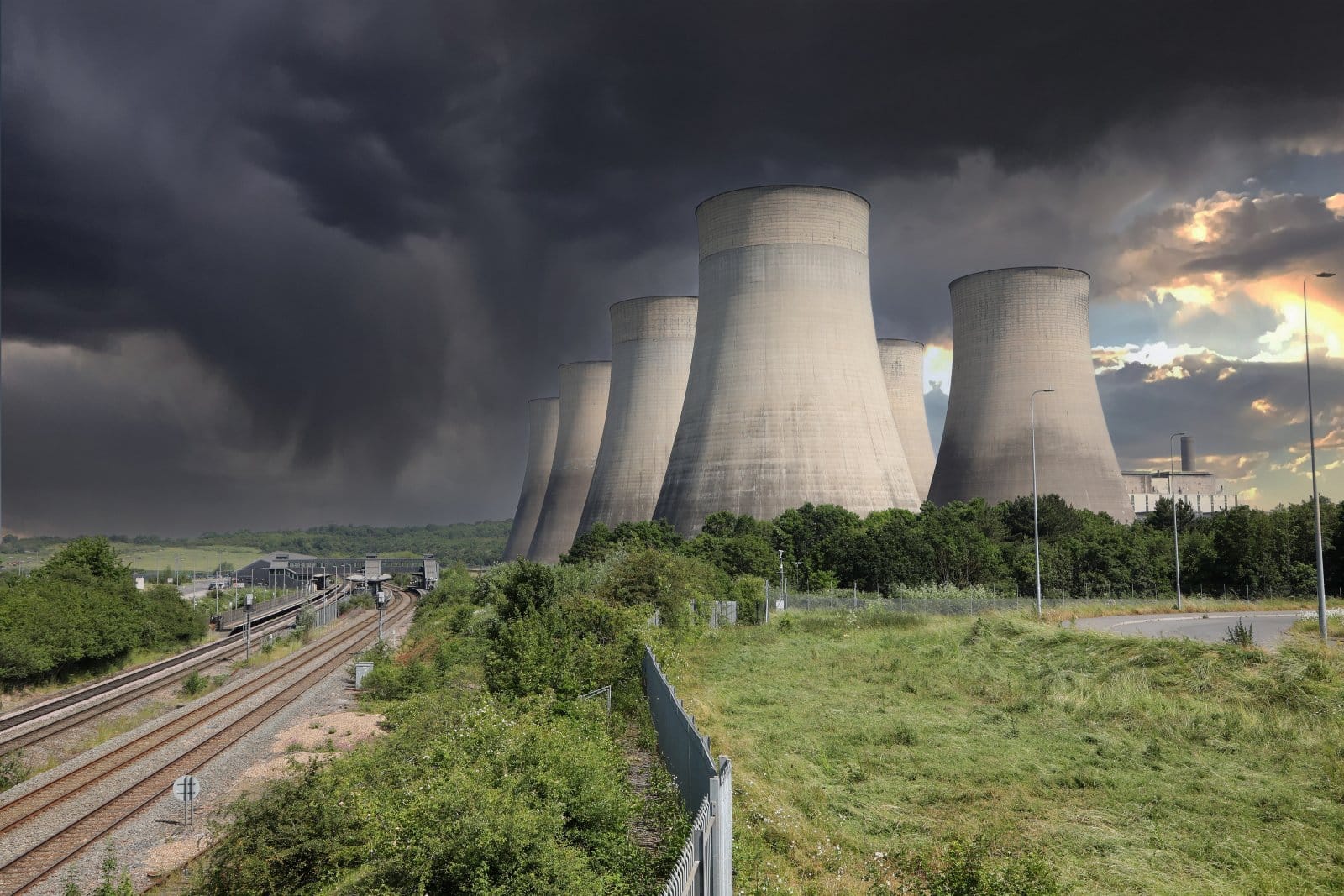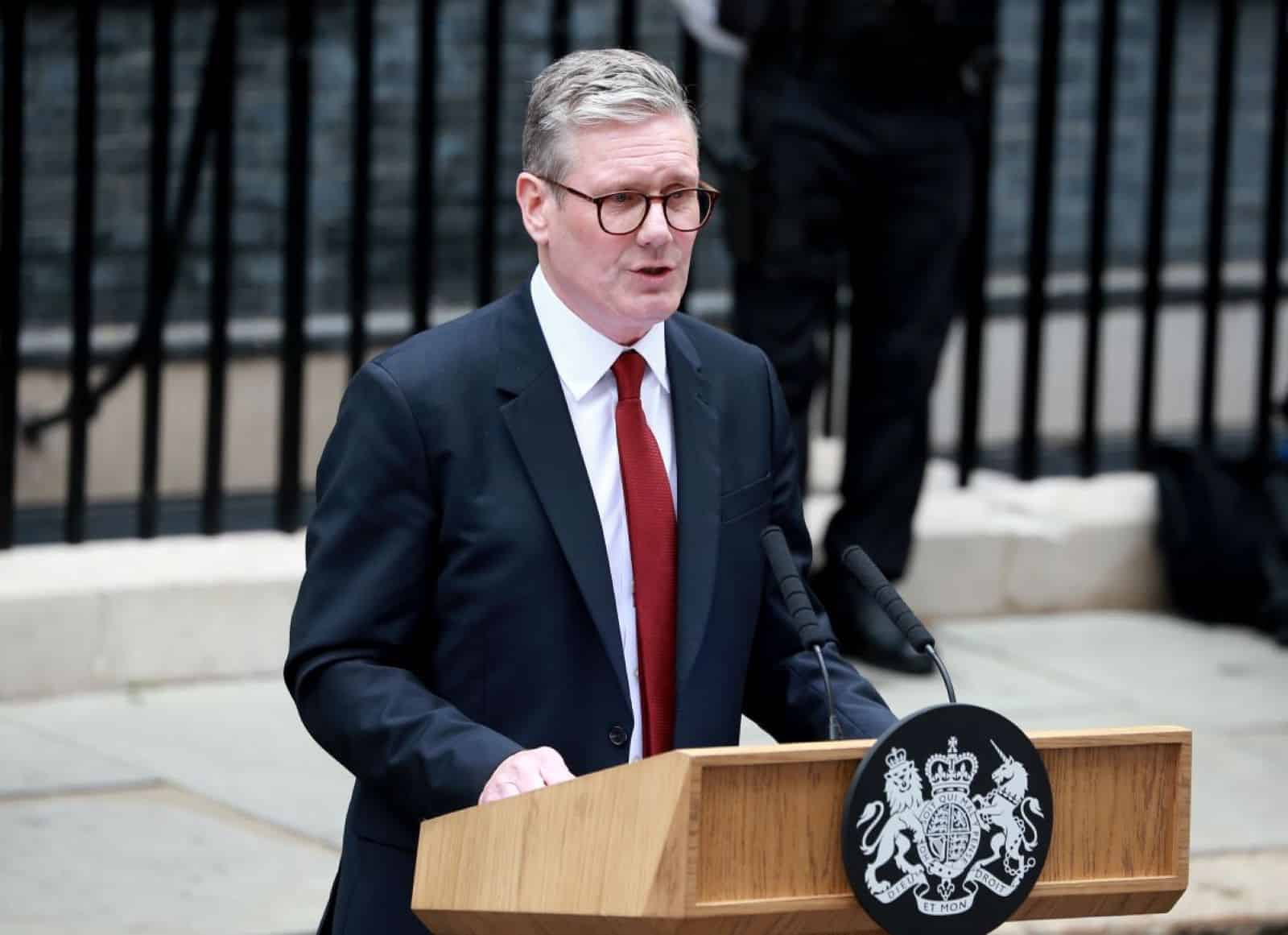Ofgem is set to increase the energy price cap, which controls the maximum rates energy companies can charge. Customers are understandably concerned about these price hikes. What does this mean for you?
When Did the Price Cap Come Into Effect?

The energy regulator, Ofgem, announced the new price cap on 23rd August, impacting customers and their households.
How Much Will the Price Cap Increase Cost?

A 9% rise in the price cap is predicted. This will translate to a £150 increase on a typical family annual energy bill.
The Price Cap Explained

The price cap is a mechanism which caps the unit price of gas and electricity for non-business consumers. It is designed to protect against sizable wholesale market gas and electricity fluctuations.
Historical Price Cap Levels

The energy price cap has been reduced twice this year, in April and July. However, this is not likely to continue into the Autumn, with the price cap predicted to rise again to the levels seen in Autumn 2023.
How Much Will This Cost You?

A well-respected and accurate consultancy – Cornwall Insight – expects bills to rise. How much, however? After the price cap rises, £1,714 is the predicted average cost for a family household.
The Real Terms Costs of the Price Cap

So the burning question is what will this mean to the bottom line? For the average UK family household, the price cap rise will mean a £146 rise from current prices.
Trends in Prices

Although prices have drastically come down since the peak of the energy crisis, they are still much higher than they were before the pandemic.
Future Predictions of Prices

High prices are probably here to stay for the foreseeable. Many financial experts are recommending agreeing fixes with providers to avoid rising bills in future.
What Government Support Is There?

At the peak, support systems were in place to help households. The majority of these have been wound down, and there is now very little support for households. Even though prices are still comparably very high to pre-pandemic levels.
Future Cuts

People on benefits had their final cost-of-living payment; this affected 8 million people in February.
Winter Fuel Payment Cuts

In addition, winter fuel payments will be cut for 10 million pensioners in England (it is devolved for Scotland and Wales), causing fury among some older members of society.
Debt With Energy Companies

Consumers are increasing debt with energy companies, and customers are facing increased prices in the run-up to winter, causing worry and stress for consumers.
During Winter

Chief Executive of Citizens Advice, Dame Clare Moriarty states: “This year, we will have a challenging winter.” Living costs still present consumers with tough choices, and energy prices have surged.
More Families in Debt

Moriarty added: “The price cap increase will see a wave of households tipped into debt, bill payers forced to make impossible decisions to make ends meet, and families worried about the impact the cold will have on their loved ones.”
Future Debt Prospects for Families

Moriarty finished by saying: “Energy prices might be down from the peak of the crisis, but with many already in the red and the removal of previous support packages, there’s still no light at the end of the tunnel for those in desperate need.”
How Often Does Ofgem Review the Price Cap?

Ofgem reviews the price cap every three months, modifying it as the markets dictate the level. It is presented as the annual bill for an average household using typical amounts of gas and electricity.
Does the Size of the House Matter?

People in larger houses tend to have poorer insulation and larger spaces to heat. On the other hand, smaller properties tend to be easier to heat and manage.
The Standing Charges

How much do the daily standing charges cost to the consumer? For gas, they’re 31p, and for electricity, they’re 60p. This cost funds maintaining the connection between the supply and mains.
The Standing Charge Review

Ofgem is considering reviewing this standing charge billing system to improve it and save consumers money.
Could You Claim Pension Credit to Help?

It is a very good idea to check your eligibility for pension credit, which can help with the costs of energy bills. As predicted, 880,000 pensioners who could claim it are not claiming it.
The Benefit of Claiming Pension Credit

Pension credit can help you, on average, by £3,900 a year. Claiming this benefit will potentially open you up to other benefits as well.
The Great Escape: Wealthy Brits Flee to Dodge Labour Taxes

As the UK prepares for potential tax reforms, the wealthy flee in droves to avoid paying their fair share, sparking a contentious debate over tax avoidance and economic unfairness. Here’s the full story. The Great Escape: Wealthy Brits Flee to Dodge Labour Taxes
20 Signs Millennials Are Rejecting the UK’s Woke Culture

Are Millennials across the UK starting to question the pervasive ‘woke’ culture? As they navigate an increasingly complex social and economic landscape, many are seeking more practical, nuanced approaches. 20 Signs Millennials Are Rejecting the UK’s Woke Culture
New Era: Labour Enforces Strict Immigration Control With Deportations and Convictions

More than 40 criminals and migrants are sent back to Vietnam and Timor-Leste. It’s a victory as a UK-based criminal gang is sentenced. Here’s the story. New Era: Labour Enforces Strict Immigration Control With Deportations and Convictions
Featured Image Credit: Shutterstock / IR Stone.
The images used are for illustrative purposes only and may not represent the actual people or places mentioned in the article.

